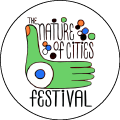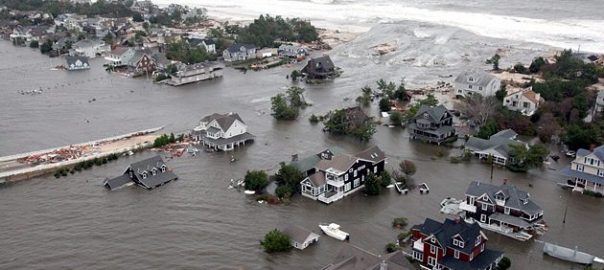21 October 2015
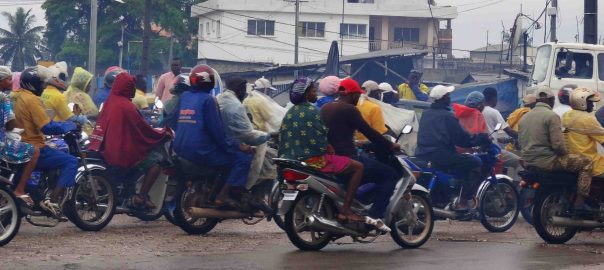
Why do you feel and behave the way you do? Have you ever noticed how incredibly adept you are at bargain-hunting in the local supermarket; beachcombing for washed up treasures; or foraging for mushrooms, nuts, and berries? Have you ever wondered why sweet melodies of birdsong and fertile meadows of...
0 Comment(s)Join our Conversation
21 October 2015
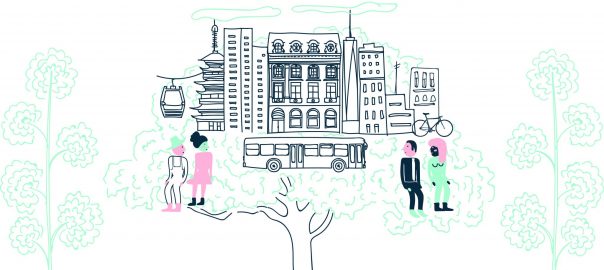
Resilience is the word of the decade, as sustainability was in previous decades. No doubt, our view of the kind and quality of cities we as societies want to build will continue to evolve and inspire new descriptive goals. Surely we have not lost our desire for sustainable cities, with...
3 Comment(s)Join our Conversation
21 October 2015
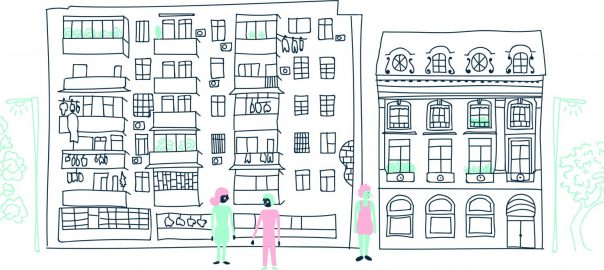
“We all know the sound of two hands clapping. But what is the sound of one hand clapping?” says a famous Zen Koan. At first consideration, it seems impossible to conjecture about the “just city” without having already in mind what is an “unjust city,” and vice versa. But my opinion is that this...
2 Comment(s)Join our Conversation
20 October 2015
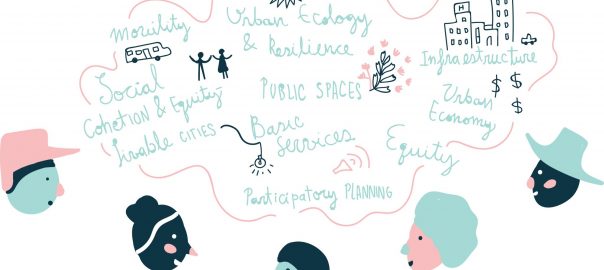
On the flipside you can do anything (…) the flipside bring a second wind to change your world. Encrypted recipes to reconfigure easily the mess we made on world, side B —Song ‘Flipside’, written by Nitin Sawhney and S. Duncan My brainstorming for this essay started thinking about the comprehensive list...
0 Comment(s)Join our Conversation
20 October 2015
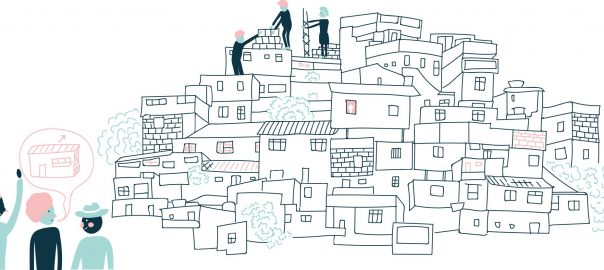
Once upon a time the city was called the “marvelous” one: Rio de Janeiro, cidade maravilhosa. Rio was the birthplace of samba, chorinho and bossa nova; internationally famous for supposedly being a city of fun and carnival 365 days a year, it has been the capital city of Brazilian proverbial...
0 Comment(s)Join our Conversation
19 October 2015
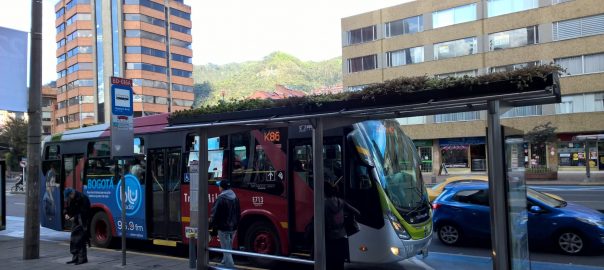
A review of the status of and need for green urban work in Latin America as of 2015. Throughout the Latin American continent, metropolitan areas and intermediate cities are growing rapidly with their individuality and particular regional features. More than 80 percent of the population in Latin America lives in...
2 Comment(s)Join our Conversation
19 October 2015
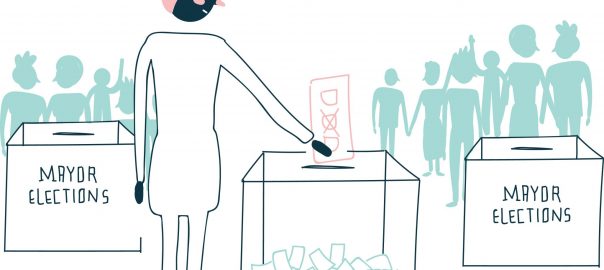
You want to read about a vision of a just Karachi? The contract killer ($50 a hit) ripping up the road behind Disco Bakery on his Honda 200CC and the secret service colonel cracking skulls in a Clifton safehouse will both cite one vision: Dubai. This happens to also be the...
7 Comment(s)Join our Conversation
19 October 2015
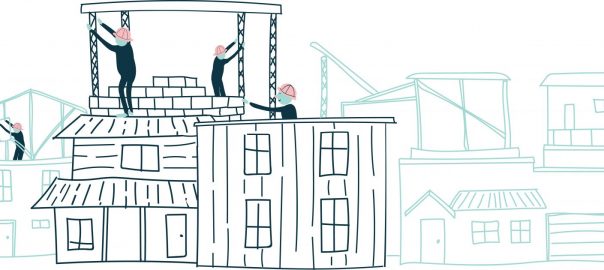
[The Right to the City is] the right to change ourselves, by changing the city. —David Harvey, 2008 The cities we have The cities we have in the world today are far from being places of justice. Whether in the South, the North, the West or the East, the cities...
2 Comment(s)Join our Conversation
19 October 2015
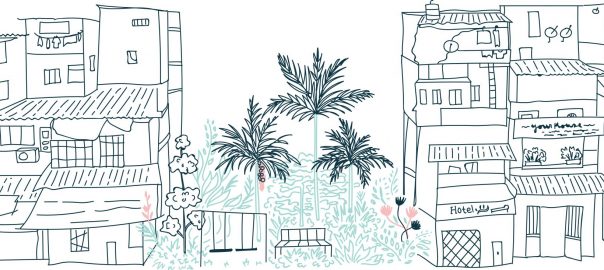
I believe that Urban Planning & Design (UP&D) should be considered a ‘Right’ and brought to public dialogue. The democratization of UP&D would be a significant step towards the achievement of just and equal cities. Exercising this right would be an effective means for bringing about much-needed socio-environmental change. The...
4 Comment(s)Join our Conversation
19 October 2015
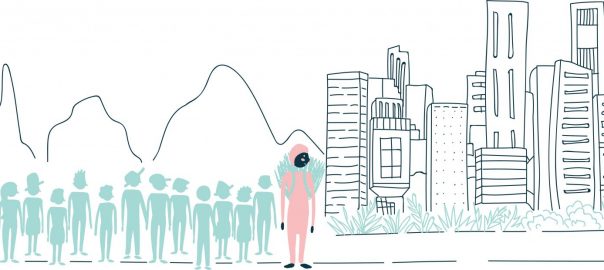
One of the root causes of inequity is urban and rural differentiation China is experiencing a massive migration to the cities, mostly due to the availability of jobs and better facilities. But the way the government administers citizenship also creates inequity and poverty. Since the founding of the People’s Republic...
0 Comment(s)Join our Conversation
19 October 2015
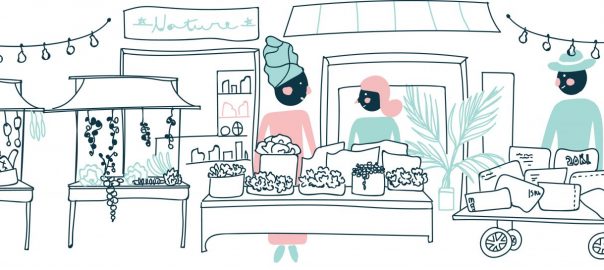
“[A city where] everything comes together . . . subjectivity and objectivity, the abstract and the concrete, the real and the imagined, the knowable and the unimaginable, the repetitive and the differential, structure and agency, mind and body, consciousness and the unconscious, the disciplined and the trans-disciplinary, everyday life and...
0 Comment(s)Join our Conversation
18 October 2015

However complex the urban sustainability question is, the facts are clear to all. Over the next four decades, the global urban population is expected to nearly double, with the vast majority of this happening in Asian and African cities; if we do not rethink and coalesce our approaches and practices,...
1 Comment(s)Join our Conversation
14 October 2015
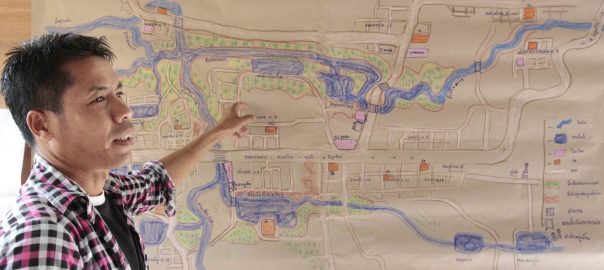
It is now coming to the end of the rainy season—the point in the year at which the reservoirs across Thailand should be approaching maximum storage levels in order to provide the water resources that are needed for the full range of water uses through the dry season. But as...
0 Comment(s)Join our Conversation
12 October 2015
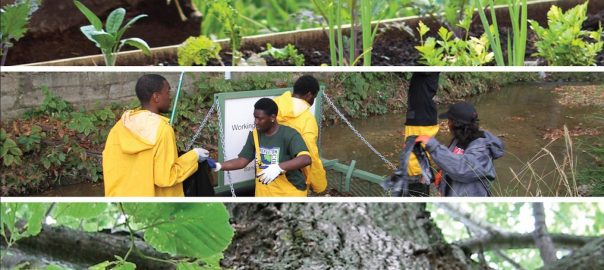
A review of Civic Ecology, Adaptation and Transformation from the Ground Up, by Marianne E. Krasny and Keith G. Tidball. 2015. ISBN: 9780262028653. MIT Press, Cambridge, MA. 328 pages. This is a book that seeks to highlight the heroic efforts of individuals to make a difference in the quality of life...
1 Comment(s)Join our Conversation
11 October 2015
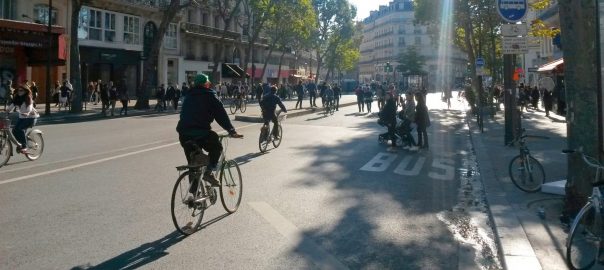
I have recently started working on a new project that will explore how reconnecting people with nature can help transform society towards sustainability (see http://leveragepoints.org). ‘Connectedness with nature’ has recently become a buzz phrase, with scientists, journalists and practitioners talking about the problems of disconnection, the benefits of reconnection, and...
0 Comment(s)Join our Conversation
7 October 2015
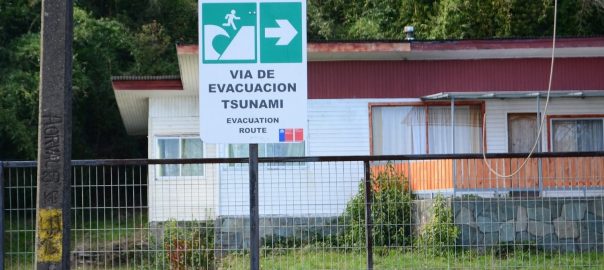
In Chile, over recent years, there has been increasing attention to the concept of community resilience, especially in facing natural disasters. Community resilience is the capacity of a community to adapt to changes that occur after natural disasters. Such adaptation capacity is vital for satisfying survival needs (e.g. food and water),...
0 Comment(s)Join our Conversation
5 October 2015
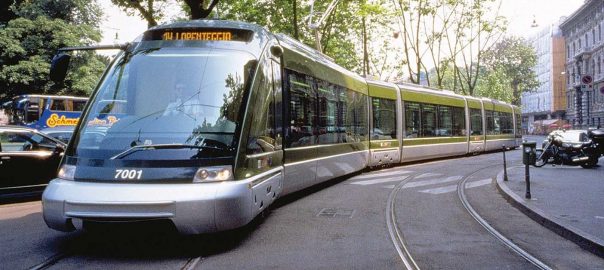
A review of Rail and the City: Shrinking Our Carbon Footprint While Reimaging Urban Space, by Roxanne Warren. 2014. ISBN: 9780262027809. MIT Press, Cambridge, MA. 336 pages. Like a dog with a bone, some of us just can’t let go of the notion of rail in cities. I’m certainly one...
0 Comment(s)Join our Conversation
4 October 2015
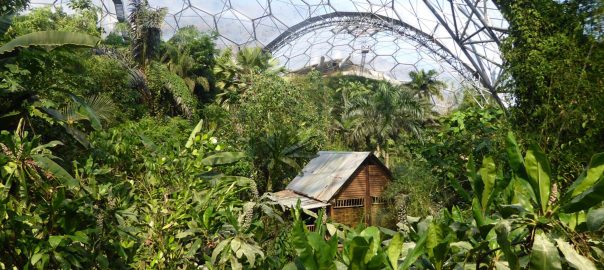
Earlier this year I had the good fortune to be invited to speak at a remarkable ‘Global Conference’ in Chantilly, France. The title of the session I was to contribute to was translated into English as ‘An urbanism built on a priority for fauna and flora’. This, it seems, was...
2 Comment(s)Join our Conversation
30 September 2015
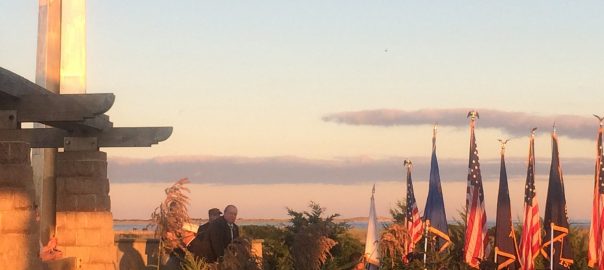
A reading of names. A procession. Placing flowers on memorials. Music. Moments of silence. Tolling of bells. Certain abiding symbols and gestures give structure to our memorial remembrances. In particular, we have come to expect a ritual formality and consistency at the World Trade Center site for remembering September 11,...
3 Comment(s)Join our Conversation


